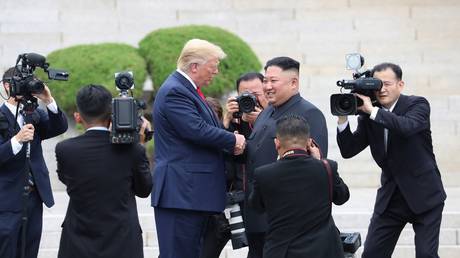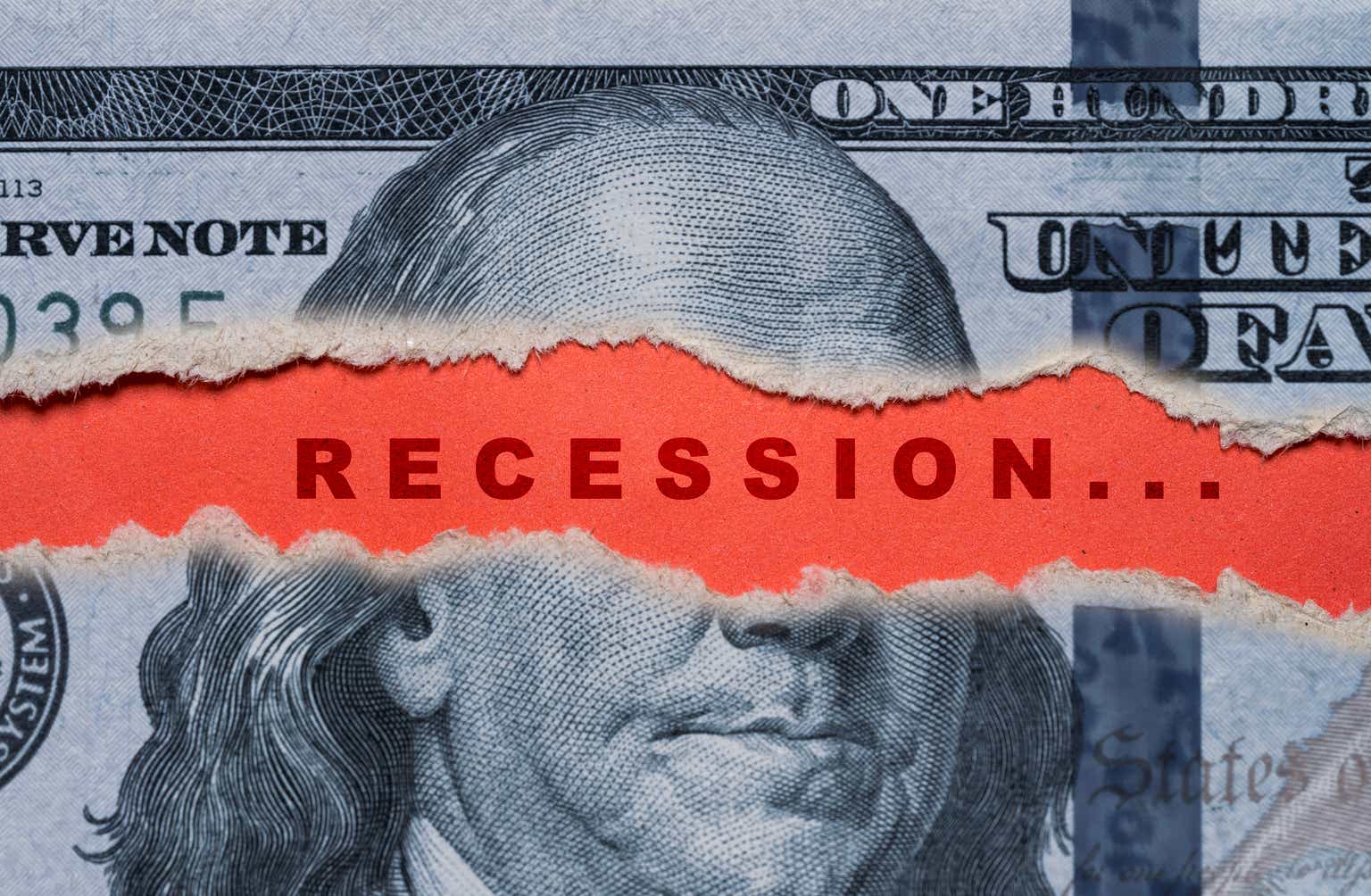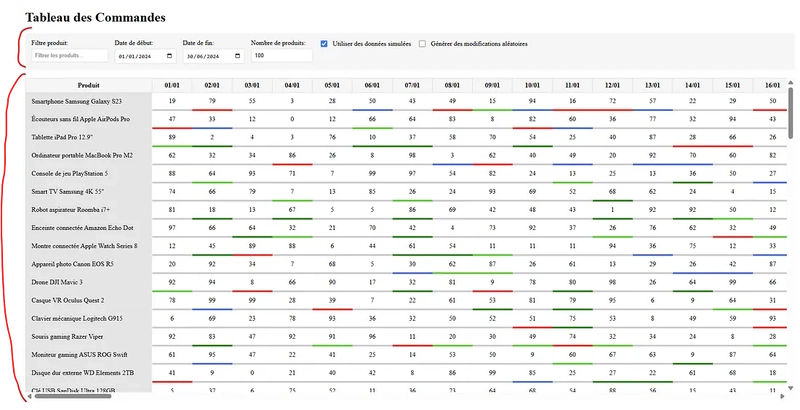Trump’s stand against states' climate overreach is long overdue
President Trump has issued an executive order to protect American energy from state overreach, directing the Department of Justice to review and challenge state and local laws, policies and legal actions that interfere with domestic energy development.

President Trump just drew a hard line against blue state climate activism — and not a moment too soon.
His April 8 executive order, Protecting American Energy From State Overreach, takes direct aim at states like California, New York and Hawaii that are trying to sue American energy companies into submission. These lawsuits, funded by taxpayers, don’t just threaten jobs and gas prices — they’re a direct attack on the U.S. energy sector and the families who depend on it.
The order rightly calls out these rogue lawsuits as a national security risk. It directs the Department of Justice to review and challenge state and local laws, policies and legal actions that interfere with domestic energy development, especially those dressed up in the language of “climate change,” “ESG” or “environmental justice.” In plain English, it tells activist state attorneys general to stop using the courts to make energy policy the voters never approved.
As someone who served on the Energy, Climate, and Grid Security Subcommittee in Congress, I’ve seen firsthand how these lawsuits work. State officials file sweeping legal claims blaming energy companies for climate change, while trial lawyers circle like vultures. Meanwhile, working families face higher energy prices and fewer jobs, all because a handful of states want to virtue signal in court.
Here's the bigger problem: Many of these same states are still taking billions in federal grants for infrastructure, transportation and grid upgrades — projects that depend on the very energy companies they’re trying to bankrupt.
Why should taxpayer money be spent in states that are suing the industries we all rely on to build our roads, power our homes and keep our economy moving?
If states want to pursue these lawsuits, they shouldn’t expect to keep cashing federal checks while they do it. Trump should take the next logical step: direct agencies to cut off infrastructure and energy funding to states actively pursuing climate lawsuits against U.S. energy companies.
That’s not political retribution — it’s common sense. No business would invest in a state actively trying to sue it out of existence. The federal government shouldn't, either.
Just look at California. Attorney General Rob Bonta and Gov. Gavin Newsom (D) are suing oil and gas companies for supposedly misleading the public about climate change, while still demanding federal support for electric vehicle infrastructure and clean energy development. Michigan is suing fossil fuel companies for “consumer fraud.” Hawaii is suing them for sea-level rise. Who is paying the legal bills? Their taxpayers — and in many cases, you.
These lawsuits are political theater. They’re not about justice but about forcing a radical left-wing environmental agenda on the rest of the country through the courts, bypassing the checks and balances that make our constitutional system work.
Thankfully, courts are starting to see through it. New Jersey’s massive climate lawsuit was recently dismissed with prejudice. Similar cases in Maryland and Delaware have also been thrown out. Even the Supreme Court has refused to take up cases brought by climate activists hoping to create new legal doctrines from the bench.
Trump’s executive order is a major course correction, but it can’t be the last step. There must be no more taxpayer-funded climate lawsuits, no more federal dollars to states attacking American energy. and no more letting a few deep-blue states dictate national energy policy.
If states want to lead a green crusade, let them — just not on the backs of working families in every other state. It’s time to end the hypocrisy, defend American energy, and put taxpayers first.
Debbie Lesko was a member of Congress from Arizona from 2018 to 2025, where she served on the Energy and Commerce Subcommittee on Energy, Climate, and Grid Security. She is now member of the Maricopa County Board of Supervisors representing the 4th district











































































